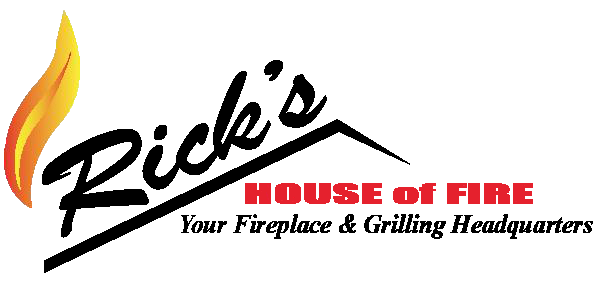Proper Disposal of Wood Stove Ashes Prevents Wildfires
Each year, crews from the Douglas Forest Protective Association and local fire departments respond to wildfires caused by the dumping of hot ashes from a fireplace or wood stove.
While the use of fireplaces and wood stoves inside homes are not restricted by DFPA, it is important that homeowners take the proper precautions when disposing of the ashes so they don’t start a wildfire, officials say.
This was demonstrated Wednesday afternoon when crews from DFPA responded to a smoke report in the 4,000 block of Azalea–Glen Road near Azalea.
Firefighters located and suppressed a natural cover fire that burned less than 1/10th of an acre near a home site. A preliminary investigation indicated that the cause of the fire was related to the dumping of hot ashes from a wood stove.
Ash from a fireplace or wood stove can retain enough heat to ignite other combustible material for several days after a fire.
When cleaning ash from a fireplace or wood stove, DFPA says to follow these tips:
When possible, allow the ash to completely cool in the fireplace or wood stove.
Never put hot ash into a paper or plastic bag, cardboard box or other similar container. The only type of container suitable for ash storage is a metal container with a tight fitting lid.
Spray water on the ash prior to attaching the metal lid to the metal container and allow them to completely cool, outside, away from your home.
Never store your metal ash container with ashes in them on your deck, in your garage, or in any location that may allow heat to transfer from the hot coals to nearby flammable materials.
Once the ash has completely cooled, only dump them in areas free of flammable vegetation. As an additional precaution, have a garden hose and shovel on site when you dump the ash so you can spray water and mix the ash to ensure that they are completely extinguished.
Fire officials remind that those found to be responsible for a fire caused by the dumping of hot ashes may be cited for the start of the fire and held liable for fire suppression costs and associated damages.
Fire officials remind that those found to be responsible for a fire caused by the dumping of hot ashes may be cited for the start of the fire and held liable for fire suppression costs and associated damages.
Each year, crews from the Douglas Forest Protective Association and local fire departments respond to wildfires caused by the dumping of hot ashes from a fireplace or wood stove.
While the use of fireplaces and wood stoves inside homes are not restricted by DFPA, it is important that homeowners take the proper precautions when disposing of the ashes so they don’t start a wildfire, officials say.
This was demonstrated Wednesday afternoon when crews from DFPA responded to a smoke report in the 4,000 block of Azalea–Glen Road near Azalea.
Firefighters located and suppressed a natural cover fire that burned less than 1/10th of an acre near a home site. A preliminary investigation indicated that the cause of the fire was related to the dumping of hot ashes from a wood stove.
Ash from a fireplace or wood stove can retain enough heat to ignite other combustible material for several days after a fire.
When cleaning ash from a fireplace or wood stove, DFPA says to follow these tips:
When possible, allow the ash to completely cool in the fireplace or wood stove.
Never put hot ash into a paper or plastic bag, cardboard box or other similar container. The only type of container suitable for ash storage is a metal container with a tight fitting lid.
Spray water on the ash prior to attaching the metal lid to the metal container and allow them to completely cool, outside, away from your home.
Never store your metal ash container with ashes in them on your deck, in your garage, or in any location that may allow heat to transfer from the hot coals to nearby flammable materials.
Once the ash has completely cooled, only dump them in areas free of flammable vegetation. As an additional precaution, have a garden hose and shovel on site when you dump the ash so you can spray water and mix the ash to ensure that they are completely extinguished.
Fire officials remind that those found to be responsible for a fire caused by the dumping of hot ashes may be cited for the start of the fire and held liable for fire suppression costs and associated damages.

